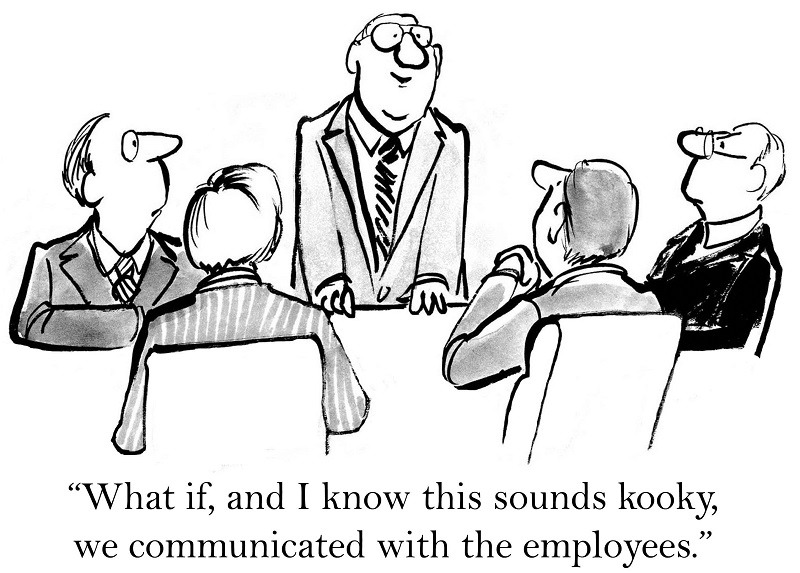
By Emerson Consultant, Kelley Egre
I became a change manager for one reason: I genuinely care about people and I want everyone to succeed. In today’s highly competitive global marketplace, success isn’t possible without a commitment to change. And, although we all know it’s necessary, constant change is one of the biggest challenges businesses face. Every big change strikes fear in the hearts of employees. If you ignore that fear, you can end up with widespread dissatisfaction, lack of focus, and lagging business performance. Just what you don’t need!
Despite those consequences leaders often choose to wait until they know every detail before announcing a big change to the organization. Understandable, but naïve – rumors spread quickly. Pretty soon, leadership has lost the chance to get ahead of the story.
In 20 years managing communications for large national and global brands, I’ve supported thousands of employees through transformative change. I’ve seen many initiatives up close. I can attest that clear, thoughtful and empathetic communication – early and often – builds trust and takes the momentum out of rumors and dissatisfaction.
Five Tips for Getting Ahead of Big Change
- Tailor all of your messages by audience. And, don’t just tell them what the change is. Tell them what’s in it for them and what you will share with them next.
- Say it and address questions. Then say it again and again. People need to hear the same message seven to ten times to really get it. And the more you can deliver those messages in person, the better.
- Use multiple messengers. Make sure it’s not always the same person talking. Information should come from leadership, first-line supervisors, peers, and third-party experts. Choose the messengers based on their influence and credibility.
- Share examples that motivate. Human examples and real numbers are memorable and build positive momentum for your change.
And, my most important tip for communicating big change…
- Tell the truth. Trust is critical to your success. Employees would rather hear “I don’t know that answer yet” than to find out you lied. It’s scary sometimes, but your honesty can help you come through the toughest change with a stronger organization.



